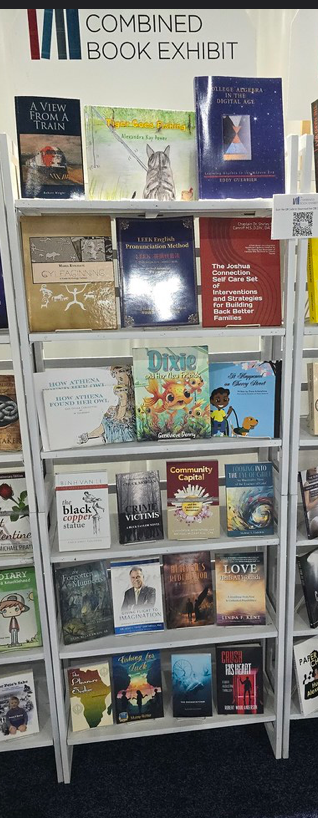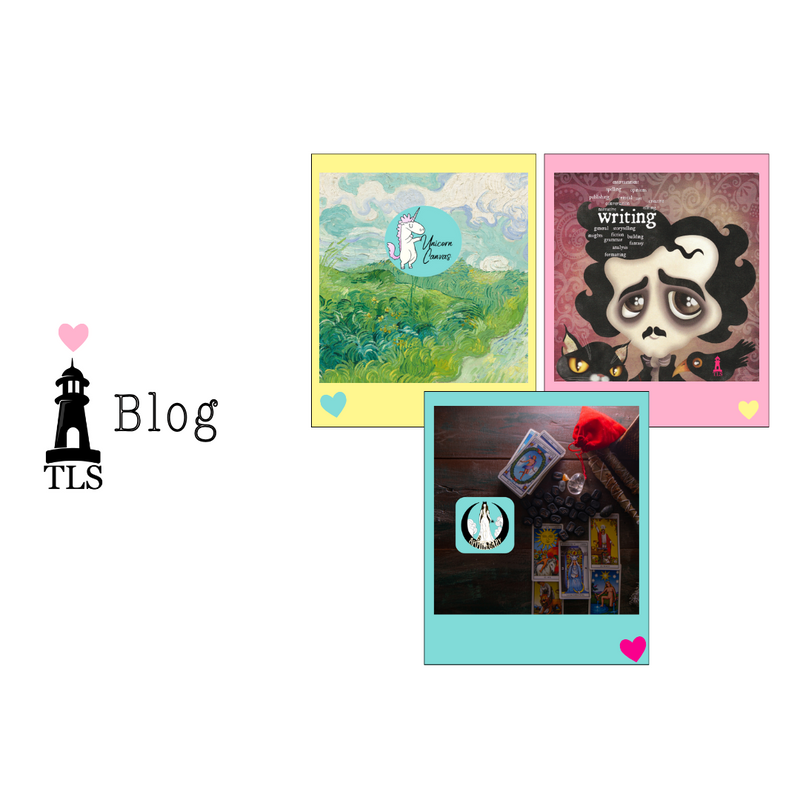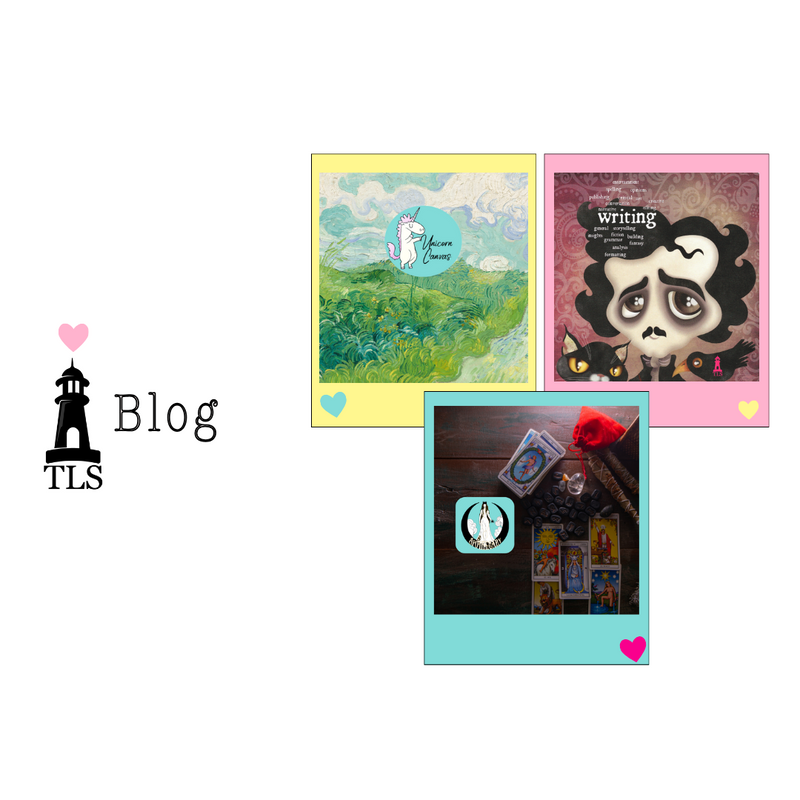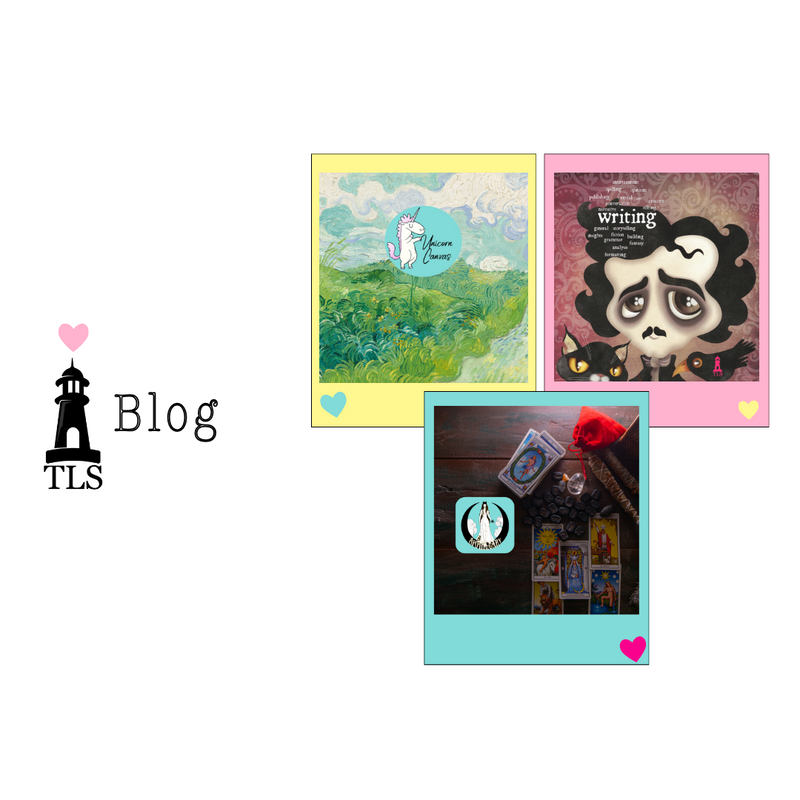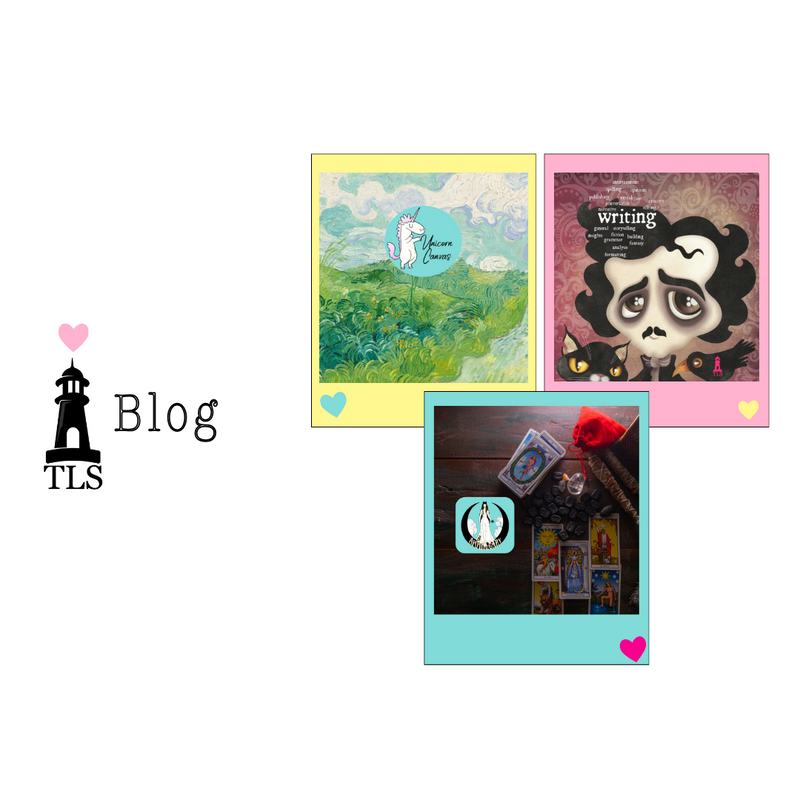Having now been in publishing for over 10 years and with a background in law, I find it keenly important to understand how publishing really works. It is amazing to me, having now won back several authors rights to republish, how little contracts actually reflect the law properly. In general, comprehending a contract is extremely difficult, signers may not understand fully what they are signing unless it is in plain English. This is not due to any lack of intelligence, but contract law is generally written to be as they say 'ironclad' and also very hard to read and understand by anyone other than someone well versed in contract law. Having drafted complex filings for the Supreme Court in Canada when I was young, the amount of legal jargon is staggering with hundreds of words, the framing of statements and reliance on precedent is something very few people may be able to fully research and grasp. Because of that terms in a contract can severely limit you in terms of winning rights back, however, why is that?
According to real copyright law, the author retains ALL RIGHTS to their original work. A publisher merely has a right to print it. This is where a slight grey area exists because once a book is bound technically the 'bound book' is now the publishers, but not the original unformatted work that was the basis for this binding. There lies the first issue for contracts. Often times in traditional contract law they will stipulate that the author has rights but often defines a scope or limit to the right that they can claim. Fighting harm if the right stipulated is violated is extremely hard. Often publishers may push to release the book back to the author if certain conditions are met. Having a very thorough read of your contract is extremely important.
When arguing for the return of rights, the most important rule of thumb is to be direct, forceful, and empowered with knowledge. When in doubt READ your contract very carefully and know when to ask for someone to read it with you. You do have the power to remove your publication from a publisher. Kee p the following in mind:
- Always request the return of rights in writing, with registered proof of delivery service.
- Keep copies of everything!
- Use the WIPO guidebook as a tool to use actual laws to fight for the return of rights, they explicitly show where the lines are drawn between author/publisher.
- Find the copyright law in your home country and QUOTE it wherever possible.
- Make repeated efforts to resolve issues of copyright, but be prepared to seek outside help
One big mistake that authors often assume is that once your rights are returned you can get all copies removed from everywhere, but Amazon reserves the right to sell books even if 1 copy remains in existence used or new. This means that used copies are allowed to be sold and there is nothing you can do about that. If you need to reprint your work, there is no rule that you can't do that. You have a right to print your work, you do not have to retitle it. You will have to get a new ISBN but there is no official registry anymore of copyright really. You can request a copyright certificate from your local copyright/patent office however these are rarely if ever enforced. ISBN also does not legally protect you in any way, it is just a number that identifies your books country origin and provides tracking for retailers. The only organization that might help you is the WIPO however they are not really going to do any more than directing you to the guidelines. You may have to work long and hard to return your rights.
As a transparent publishing house, we put your rights FIRST. All of our contracts are clear as day, providing you easy ways out, should you ever be unhappy here. We don't force any conditions to be met. However to retain our investment we return the original as it was provided. We destroy existing copies and remove the listing, however, we do not return the book as formatted, and do not permit continued use of our artwork post cancelation. As these are covered and created in-house we retain those. If you have further questions or want to read our terms in more detail, consider joining us as an author. Submit your book today!
Larisa makes fine points about publishing contracts and rights. What an author or creator of artistic works should always remember is that copyright has very specific "rules" so to speak. For example, it must not only follow the WIPO laws but the BERNES convention on copyright and trademarks as well.
Wait Sheal, what's the difference between a copyright and a trademark? Are they interchangeable?
No, copyright and trademark are not interchangeable at all. There's quite a difference actually. For example, copyright applies to works of literature and paintings, and music while a trademark will apply to a company branding such as a logo or name and company slogan.
The Difference Between Copyright and Trademark. While both offer intellectual property protection, they protect different types of assets. Copyright is geared toward literary and artistic works, such as books and videos. A trademark protects items that help define a company brand, such as its logo. - Chron.com
In the last year or two, Larisa and I have had to repeatedly fight very hard to win back rights for some of our authors. It's unfortunate that some authors get taken or conned by some very sketchy so-called "publishers". We've had our share of vast responses and non-responses from some of the sketchy folks. Even having to go so far as to involve limited print run distributors or going above the customer service department heads to get down to the nitty-gritty for some of our authors.
A few rules of thumb when it comes to sketchy businesses who like to play off the emotional psychology of "someone wants my book" for new authors:
- If it seems to good to be true... it is. Follow your gut instincts, if your gut is screaming RUN...listen to it and RUN!!
- If you have to PAY to PLAY, it's a vanity publisher. No one should ever have to pay to play or shell out money, royalties don't work that way.
- It's worth the 200 $ retainer to have the publisher contract looked over by either a contract lawyer who understands publishing or a contract underwriter who understands publishing. It'll be the best darn 200 bucks you ever spend.
- When in doubt, ask an industry professional. If you doubt something contact a professional who works in the industry and asks. Most of us publishing professionals will be more than willing to give it a glance and an opinion.
Also, before you sign on the dotted line - remember the copyright belongs to you and the right to publish you are signing to the publisher is all they have a right to. Ask questions, be vigilant and research before you commit to anything. A publisher that isn't willing to talk shop before you've signed is not a publisher you want to get into the publishing world with.



